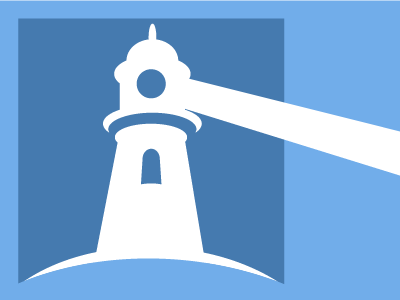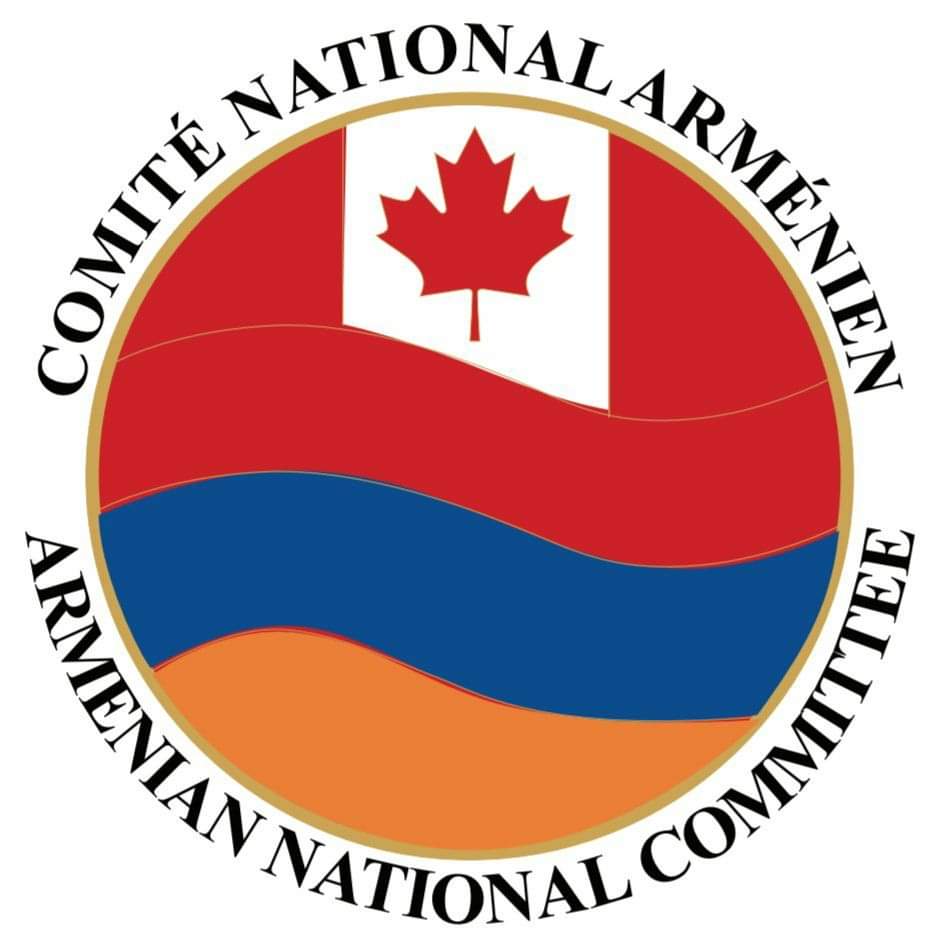TURKEY CAN'T HIDE FROM ITS PAST
Harry Sterling, Citizen Special
Ottawa Citizen
May 11, 2006 Thursday
Final Edition
'The Armenian claims are a direct attack on our identity, on Turkey's
history."
With these words Turkish embassy counsellor Yonet Tezel explained his
government's decision to recall its ambassador to Canada, Aydemir
Erman, for "consultations." The move followed recent remarks by
Canadian Prime Minister Stephen Harper associating his government with
Canadian parliamentary resolutions describing the deaths of 1.5 million
Armenians in Turkey during the First World War as an act of genocide.
Turkey has made a similar move against the French government for
contemplating a proposed law making denial of the Armenian genocide
a crime.
As a further indication of its displeasure, Turkey has announced
it is cancelling participation of Turkish fighter aircraft in an
international military air exercise May 17 to June 24 in Cold Lake,
Alta.
Despite its actions directed at Ottawa and Paris, Turkish authorities
stressed the recalls were only "... for a short time for consultations
over the latest developments about the baseless allegations of
Armenian genocide."
While the statement by the government of Prime Minister Recep Tayyip
Erdogan was essentially pro-forma, for many it was indicative of
Turkey's inability to confront an issue that is never going to go
away until the Turks come to terms with it.
Turkish governments have always maintained that the large-scale
deaths of Armenians during the First World War and after occurred
when the then-Ottoman government was trying to put down Armenian
nationalists aligned with invading Russian forces and was not an act
of premeditated genocide. They also insist the figure of 1.5 million
deaths is inflated and that during that turbulent period hundreds of
thousands of Turks in eastern Turkey also died.
While these explanations are widely shared by the Turkish population,
some Turks have called for a more open-minded approach to the issue,
including Turkey's internationally recognized author Orhan Pamuk.
He was subjected to widespread criticism and physical threats for
commenting during an interview about the Armenian genocide and
repression of the country's Kurdish minority, both considered taboo
subjects, especially by Turkish nationalists. He was charged with
denigrating the nation and faced a stiff prison sentence. However,
as a result of international pressure, particularly from the European
Union -- which Turkey wants to join -- the government dropped the
charges on technical grounds.
A number of Turkish academics have also voiced support for examining
the genocide issue with more of an open mind. One way to do this would
be to open up Ottoman-era archives and other documentary sources,
including Russian military reports that might shed light on what took
place during fighting in the region.
Investigations carried out by German and U.S. analysts concerning the
deaths concluded that the catastrophic defeat of Turkish troops engaged
against Russian forces during the early stages of the First World
War, and the Turkish army's claim it had been stabbed in the back by
Armenian nationalists, resulted in the Turkish military disarming and
executing countless Armenian men as traitors, regardless of whether
they were engaged in an anti-Turkish insurgency.
The Turkish army purportedly then rounded up Armenian women and
children, ordering their deportation via the Syrian Desert, resulting
in massive deaths.
Turkish authorities dispute such findings, maintaining there was
no official policy to exterminate Armenians and that most deaths
were caused during the deportation to Syria due to lack of adequate
provisions at a chaotic time in eastern Anatolia.
Notwithstanding contradictory views on what transpired nine decades
ago, what is incomprehensible to many outside Turkey is why current-day
Turks are unable to look back on those horrific developments in a
more balanced fashion, instead of insisting Armenian claims have
absolutely no foundation in truth.
One reason that has been cited concerns the Turkish military, seen as
the true power in Turkey. The modern-day Turkish military founded by
Kemal Ataturk has always seen itself as the defender not just of the
country's independence, but also of its national honour and dignity.
The Turkish officer caste takes its role in society extremely
seriously, even executing a prime minister for allegedly endangering
the stability of the state. Anything that could raise doubts or
undermine the military's ability to present itself as guardian of
Turkey's national honour and territorial integrity, or which portrays
Turks behaving in a barbaric fashion, is unacceptable.
This, some claim, is why it's near impossible to confront the realities
behind the tragic fate of Turkey's Armenian population 90 years ago
-- or Turkey's treatment of its Kurdish population -- since it could
undermine Turkey's own idealized perception of itself as a modern,
liberal society.
But like Germany, Turkey must confront the realities of the past if
it expects to be accepted as a nation capable of dealing open-mindedly
with its own history, however disagreeable that might be.
Harry Sterling, a former diplomat, is an Ottawa-based commentator. He
served in Turkey.
------------------------------------------------------------------------
Harry Sterling, Citizen Special
Ottawa Citizen
May 11, 2006 Thursday
Final Edition
'The Armenian claims are a direct attack on our identity, on Turkey's
history."
With these words Turkish embassy counsellor Yonet Tezel explained his
government's decision to recall its ambassador to Canada, Aydemir
Erman, for "consultations." The move followed recent remarks by
Canadian Prime Minister Stephen Harper associating his government with
Canadian parliamentary resolutions describing the deaths of 1.5 million
Armenians in Turkey during the First World War as an act of genocide.
Turkey has made a similar move against the French government for
contemplating a proposed law making denial of the Armenian genocide
a crime.
As a further indication of its displeasure, Turkey has announced
it is cancelling participation of Turkish fighter aircraft in an
international military air exercise May 17 to June 24 in Cold Lake,
Alta.
Despite its actions directed at Ottawa and Paris, Turkish authorities
stressed the recalls were only "... for a short time for consultations
over the latest developments about the baseless allegations of
Armenian genocide."
While the statement by the government of Prime Minister Recep Tayyip
Erdogan was essentially pro-forma, for many it was indicative of
Turkey's inability to confront an issue that is never going to go
away until the Turks come to terms with it.
Turkish governments have always maintained that the large-scale
deaths of Armenians during the First World War and after occurred
when the then-Ottoman government was trying to put down Armenian
nationalists aligned with invading Russian forces and was not an act
of premeditated genocide. They also insist the figure of 1.5 million
deaths is inflated and that during that turbulent period hundreds of
thousands of Turks in eastern Turkey also died.
While these explanations are widely shared by the Turkish population,
some Turks have called for a more open-minded approach to the issue,
including Turkey's internationally recognized author Orhan Pamuk.
He was subjected to widespread criticism and physical threats for
commenting during an interview about the Armenian genocide and
repression of the country's Kurdish minority, both considered taboo
subjects, especially by Turkish nationalists. He was charged with
denigrating the nation and faced a stiff prison sentence. However,
as a result of international pressure, particularly from the European
Union -- which Turkey wants to join -- the government dropped the
charges on technical grounds.
A number of Turkish academics have also voiced support for examining
the genocide issue with more of an open mind. One way to do this would
be to open up Ottoman-era archives and other documentary sources,
including Russian military reports that might shed light on what took
place during fighting in the region.
Investigations carried out by German and U.S. analysts concerning the
deaths concluded that the catastrophic defeat of Turkish troops engaged
against Russian forces during the early stages of the First World
War, and the Turkish army's claim it had been stabbed in the back by
Armenian nationalists, resulted in the Turkish military disarming and
executing countless Armenian men as traitors, regardless of whether
they were engaged in an anti-Turkish insurgency.
The Turkish army purportedly then rounded up Armenian women and
children, ordering their deportation via the Syrian Desert, resulting
in massive deaths.
Turkish authorities dispute such findings, maintaining there was
no official policy to exterminate Armenians and that most deaths
were caused during the deportation to Syria due to lack of adequate
provisions at a chaotic time in eastern Anatolia.
Notwithstanding contradictory views on what transpired nine decades
ago, what is incomprehensible to many outside Turkey is why current-day
Turks are unable to look back on those horrific developments in a
more balanced fashion, instead of insisting Armenian claims have
absolutely no foundation in truth.
One reason that has been cited concerns the Turkish military, seen as
the true power in Turkey. The modern-day Turkish military founded by
Kemal Ataturk has always seen itself as the defender not just of the
country's independence, but also of its national honour and dignity.
The Turkish officer caste takes its role in society extremely
seriously, even executing a prime minister for allegedly endangering
the stability of the state. Anything that could raise doubts or
undermine the military's ability to present itself as guardian of
Turkey's national honour and territorial integrity, or which portrays
Turks behaving in a barbaric fashion, is unacceptable.
This, some claim, is why it's near impossible to confront the realities
behind the tragic fate of Turkey's Armenian population 90 years ago
-- or Turkey's treatment of its Kurdish population -- since it could
undermine Turkey's own idealized perception of itself as a modern,
liberal society.
But like Germany, Turkey must confront the realities of the past if
it expects to be accepted as a nation capable of dealing open-mindedly
with its own history, however disagreeable that might be.
Harry Sterling, a former diplomat, is an Ottawa-based commentator. He
served in Turkey.
------------------------------------------------------------------------










Comment